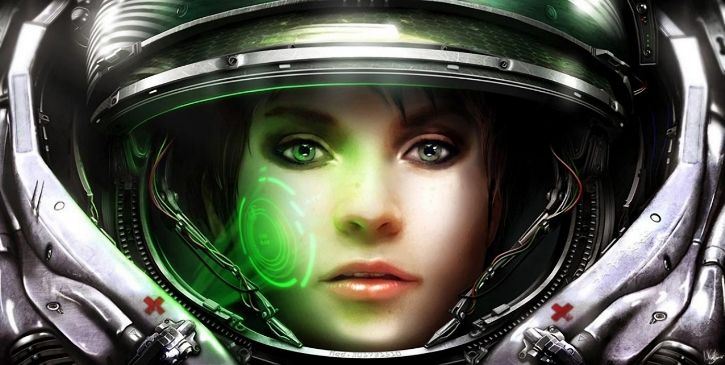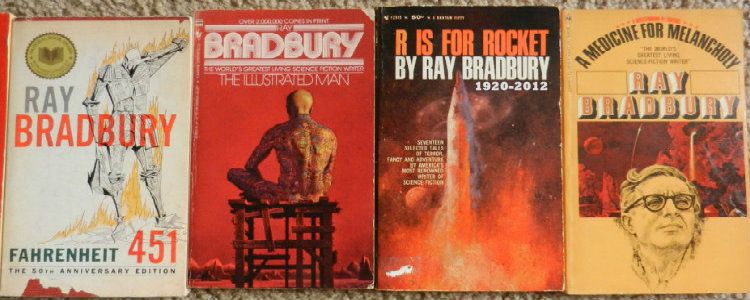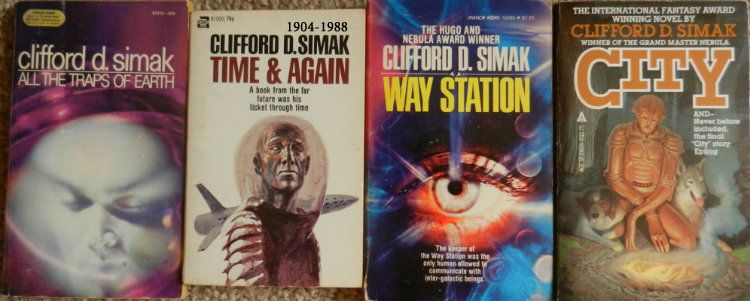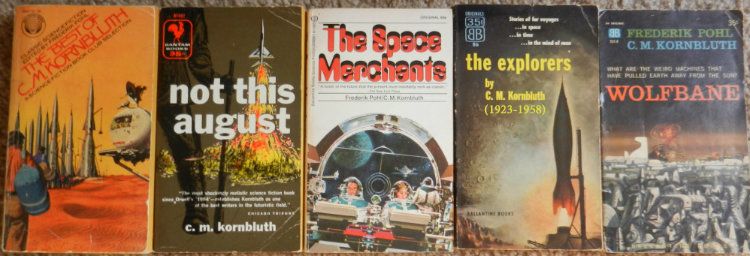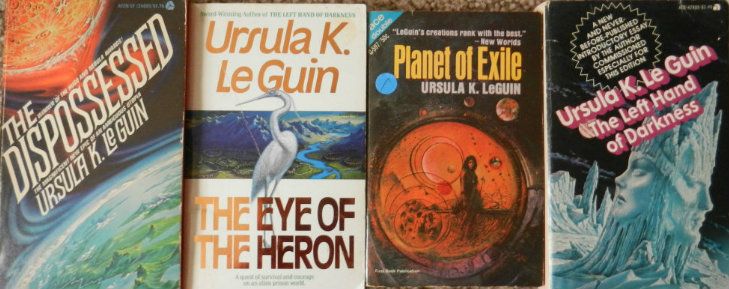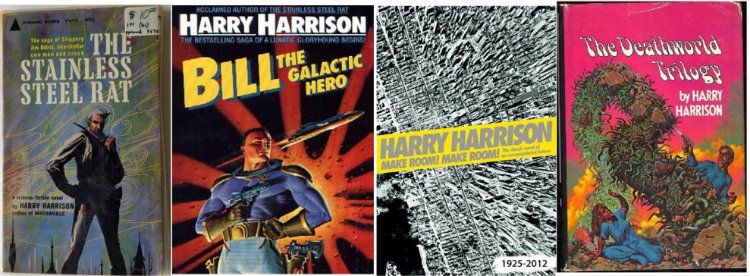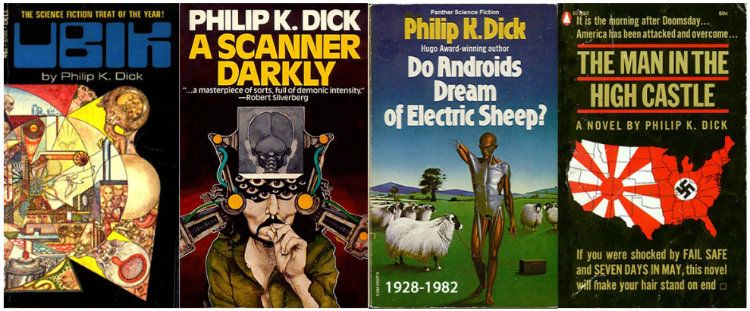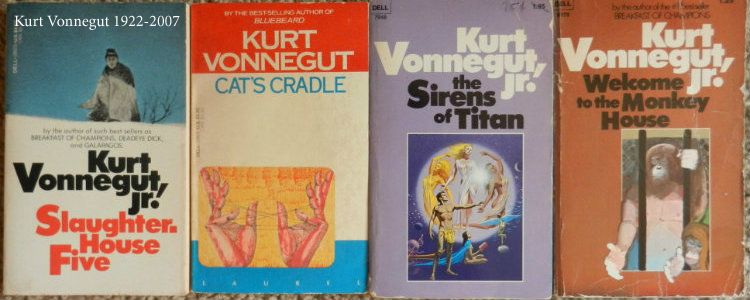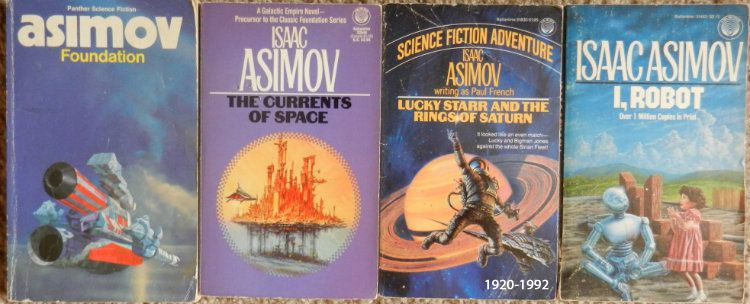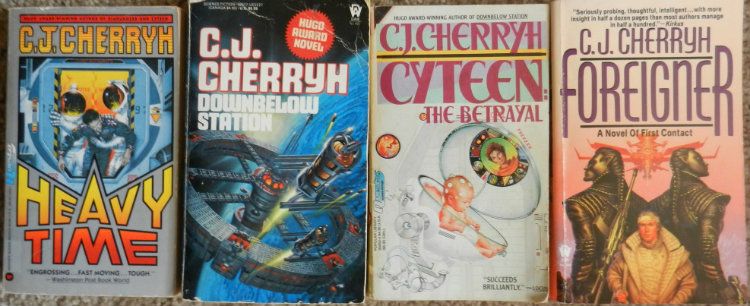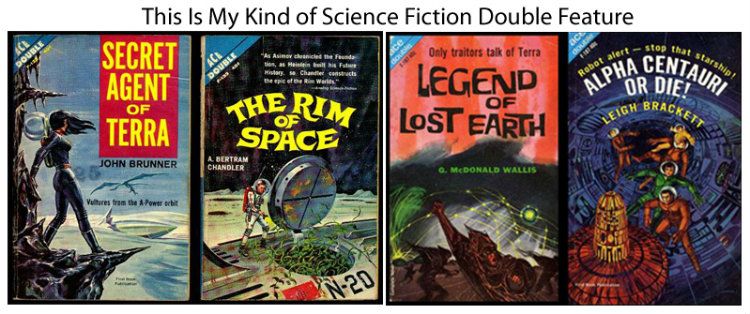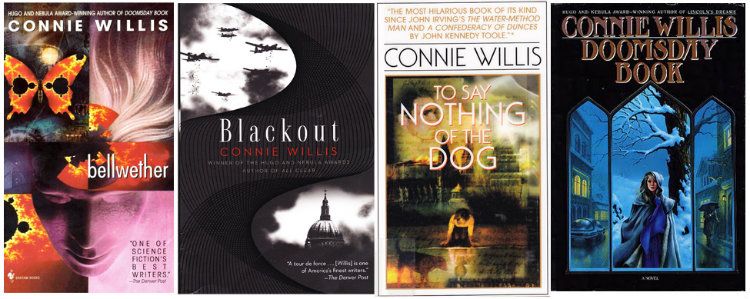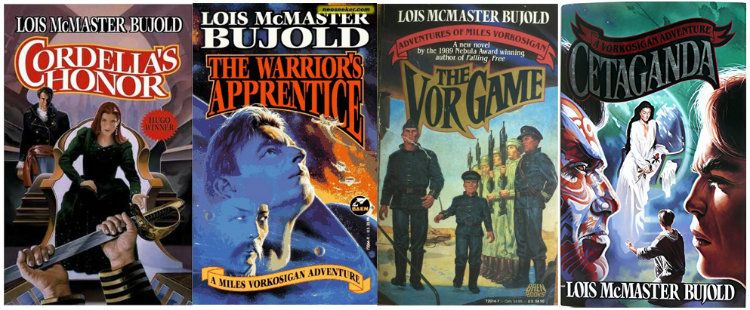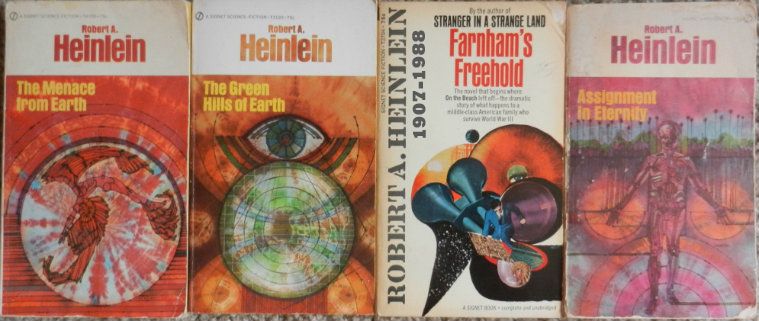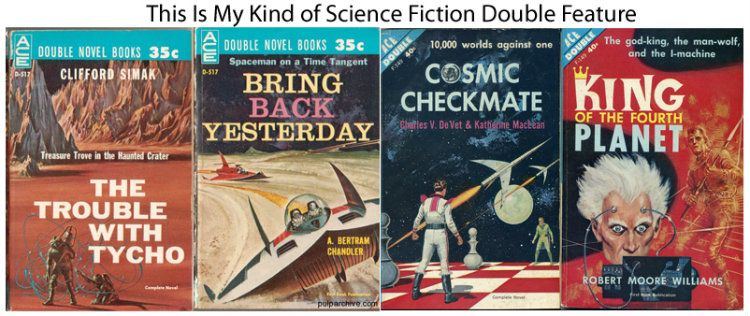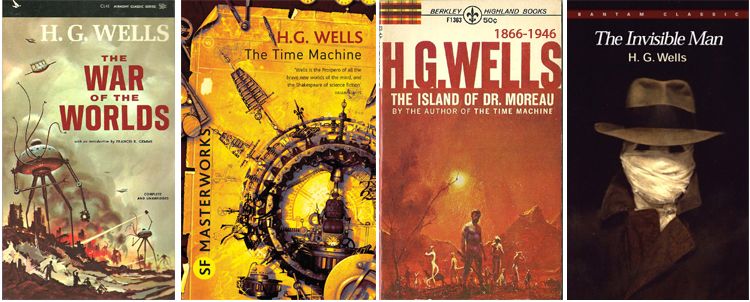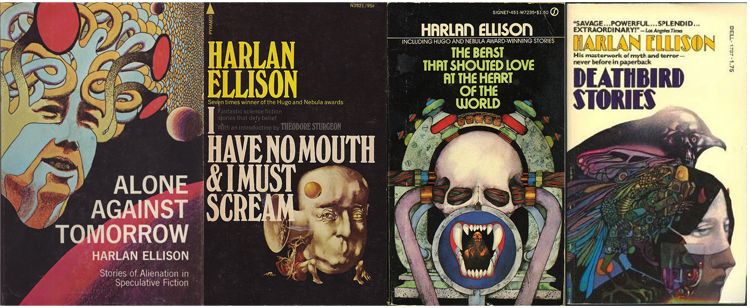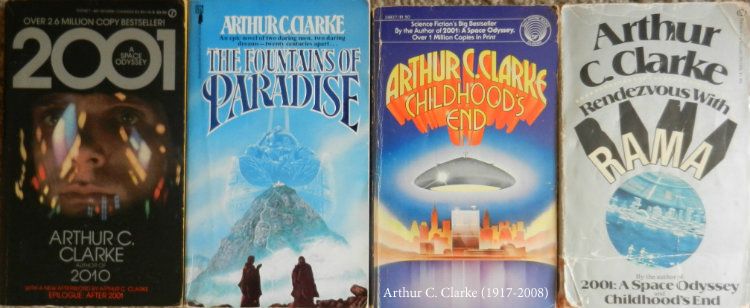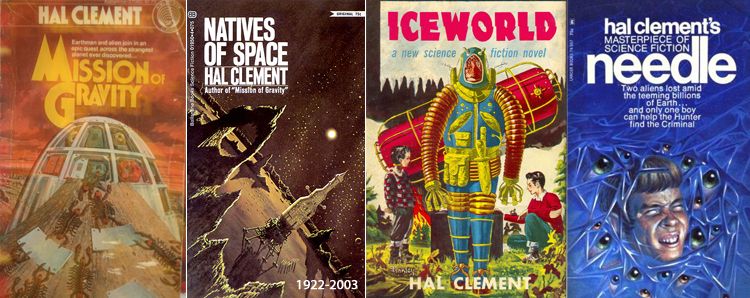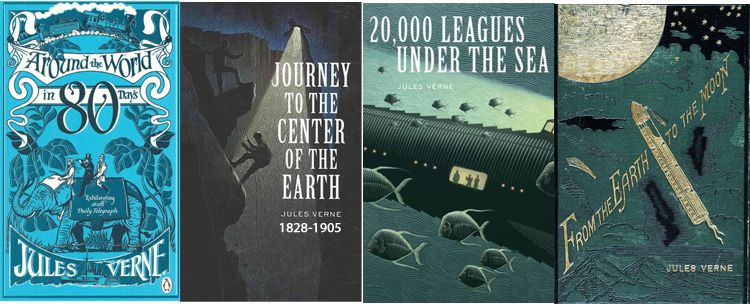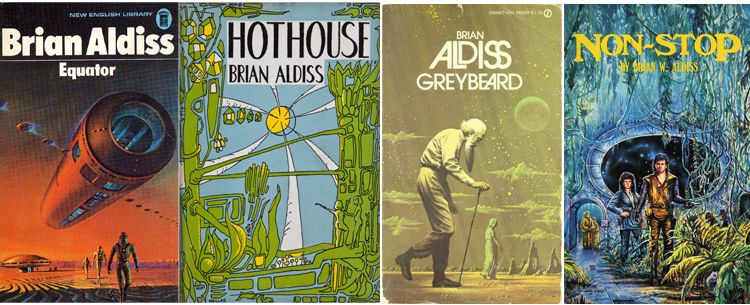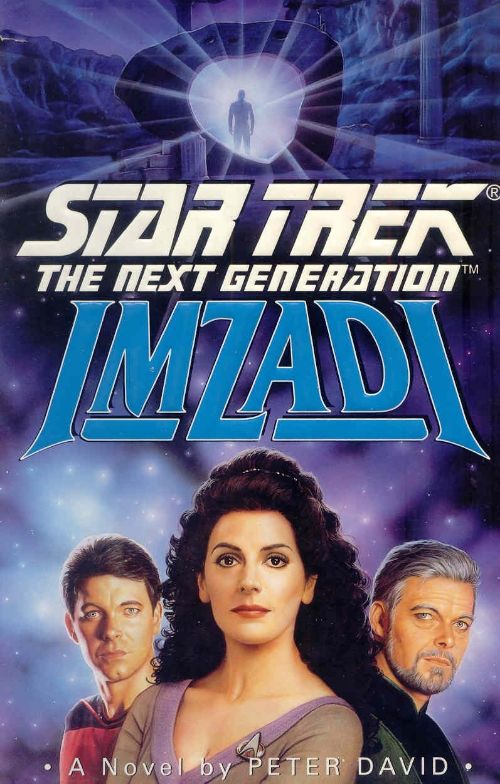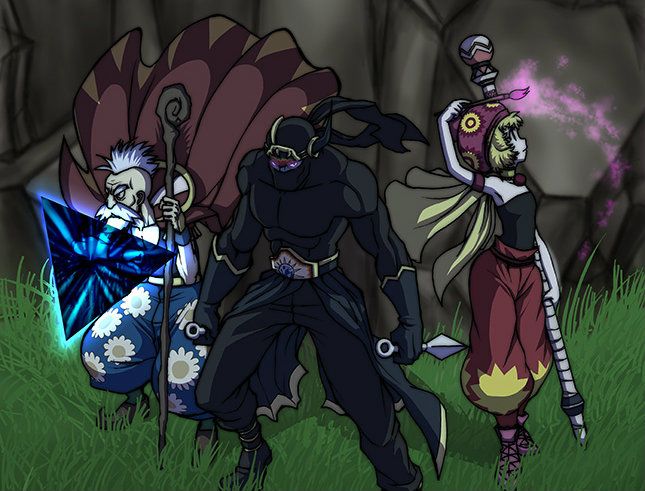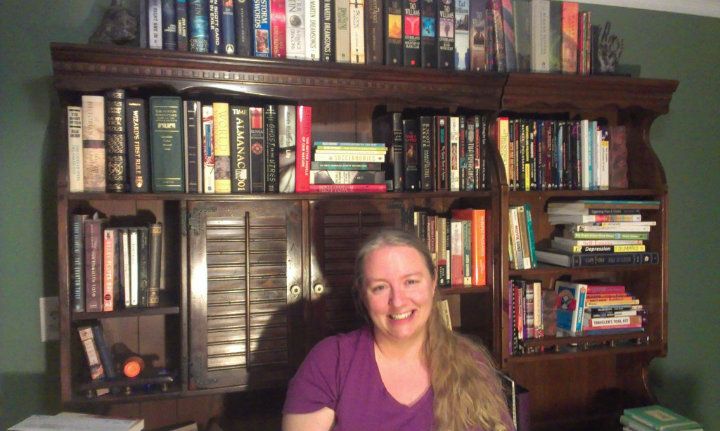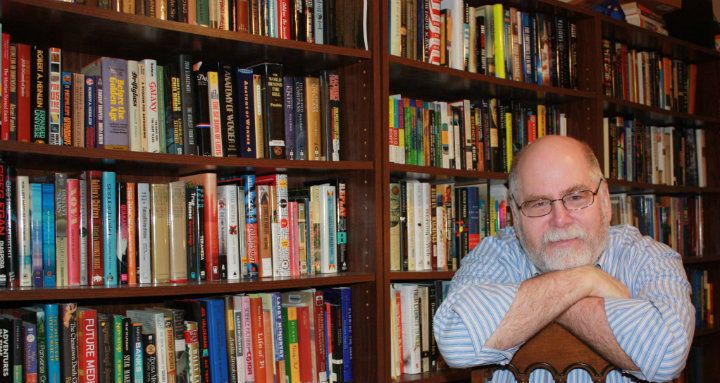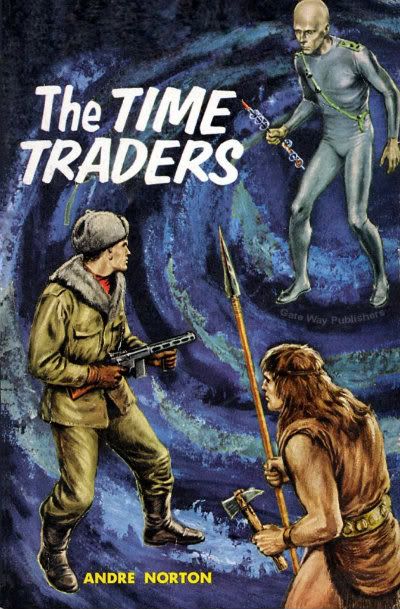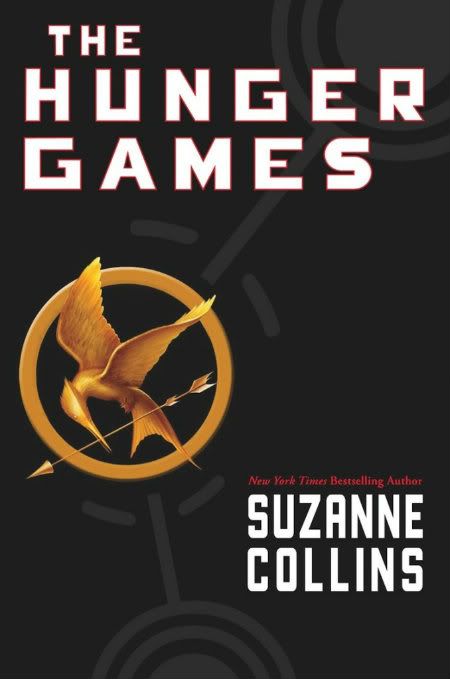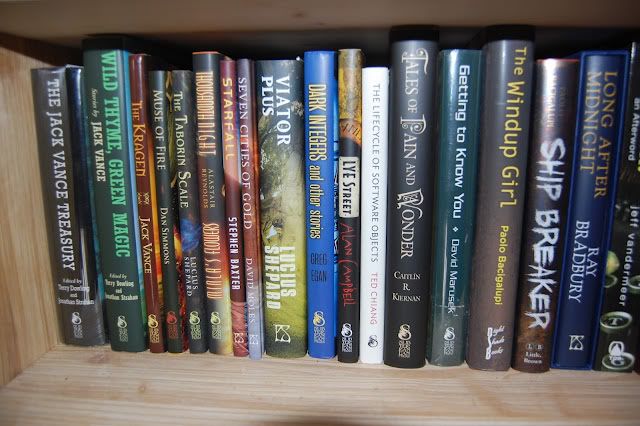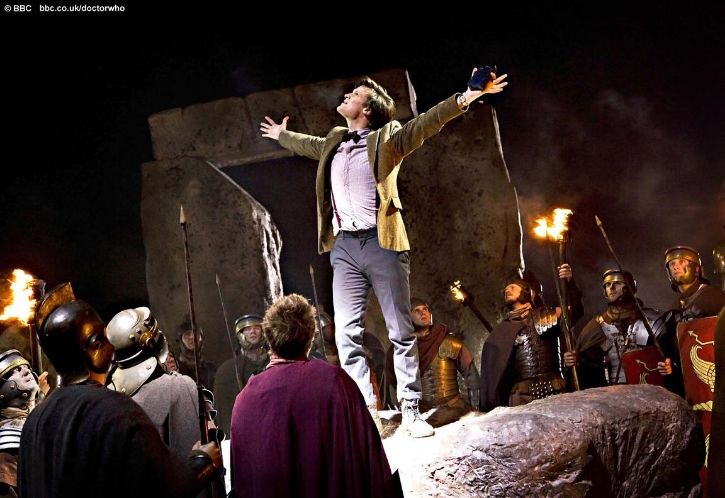
Hi! Most of you probably already know who I am and are aware that I am a lifelong fan of science fiction and fantasy who blogs regularly over at Stainless Steel Droppings.
This is not the first time I've had the pleasure of being featured here on John's blog as host of the Short Story selections for a month. If you have not taken advantage of the chance to volunteer to pick our weekly short stories, I highly recommend you sign up now. Slots are open and it is a great deal of fun.
Rather than rehash information from previous posts, let's hit the highlights. The picture of my wife, Mary, and I posted above was taken last weekend by my future son-in-law while we were out celebrating my daughter's 21st birthday. A few weeks prior to this Mary and I took a week off to stay in two of our favorite Inns located in Missouri's wine country to celebrate our 24th anniversary. I know the words "Missouri's wine country" probably sound like an oxymoron, but trust me on this, the landscape is beautiful and the wine is very good.
In addition to celebrating our anniversary, May 2013 was a big month for me on the fan-boy front. I was able to spend two weekends in a row with Hugo-winning artist John Picacio at conventions he was attending here in Kansas City. I had the opportunity to have one-on-one conversations with some of my long-time idols including Michael Whelan, Gregory Manchess and Charles Vess. I had the pleasure of interviewing Charles Vess live on stage on the final day of the Spectrum Fantastic Art Live 2 event. I also was able to visit with Cathie and Arnie Fenner, editors of the outstanding, award-winning annual, Spectrum: The Best in Contemporary Fantastic Art. It is a memorable experience to be able to have more than just a few minutes with creative people who are a source of inspiration.
I am a big fan of short stories. I think there is something special about this particular form of storytelling and when done well the temptation arises to resort to hyperbole and describe them as having a certain sort of "magic"--I know, heresy in a Science Fiction book club. When an author can use a very limited word count to evoke emotion, inspire debate, provoke deeper thought or simply entertain I believe it is worth celebrating. It is my pleasure to bring to you the short stories for June 2013. In an ideal world you would enjoy each and every one. But this is the real world and we all have different tastes. At the very least I hope you find something that compels you to offer your thoughts and opinions. Enjoy.
-------------------------------------------------------------------------------
Week #1- Deus Ex Arcana by Desirina Boskovich. It was featured in the April issue of Lightspeed. I reviewed it for SF Signal and wrote:
“This work of original fiction”...is a story the author wrote “that reflects the essential absurdity of humans interacting with alien technology” and she does this with great aplomb by juxtaposing her own visually absurd images against some that are truly horrific. The protagonist is Jackson Smith who is seven when the story begins though the reader also spends time with him as an adolescent. It was an ordinary June morning when the box arrived in Springfield, Missouri and from the moment Jackson spies, and then touches, it, the town and the people who inhabit it will never be ordinary again. Boskovich writes in an engaging style that compels you to enjoy the words themselves as well as the images they conjure. Jackson is a very likeable character and in the midst of all the chaos he grounds the reader and keeps the story from becoming silly. I couldn’t help but feel that the story reads like a very serious Outer Limits or Twilight Zone episode. Recommended.
Week #2- Mono no aware by Ken Liu
I'm very excited about this week's short story, the 2013 Hugo and Locus award nominated story "Mono no aware" by Ken Liu. Without giving away too much detail, this is the story of a generation ship bound for a new home which focuses on one particular Japanese boy who is part of the crew. The story was first published early last year in the anthology, The Future is Japanese, and it was one of my favorite short fiction reads of the year. The story's vibe reminds me of a popular classic work of short fiction that many of us have read and discussed in the past. I won't spoil the story by revealing which classic work that is here, we can talk about it in the discussion posts. Don't miss the author spotlight which talks about his inspirations for the story.
Week #3- The Urashima Effect by E. Lily Yu
E. Lily Yu is one of the hot up and coming authors and I've enjoyed the few stories of hers that I've read. For those interested she was the guest on the latest episode of The Coode Street Podcast. I cannot say much about "The Urashima Effect" without spoiling it. A man wakes up after three years of stasis to continue the rest of his journey to the planet Ryugu-jo where he is to establish a base. As part of an effort to combat loneliness and isolation, his ship contains recordings from family and friends, one of which is his wife telling him the story of Urashima Taro. I like the 'story within a story' element in this short as well as the fact that it is a fantasy story/fairy tale embedded in a science fiction story.
